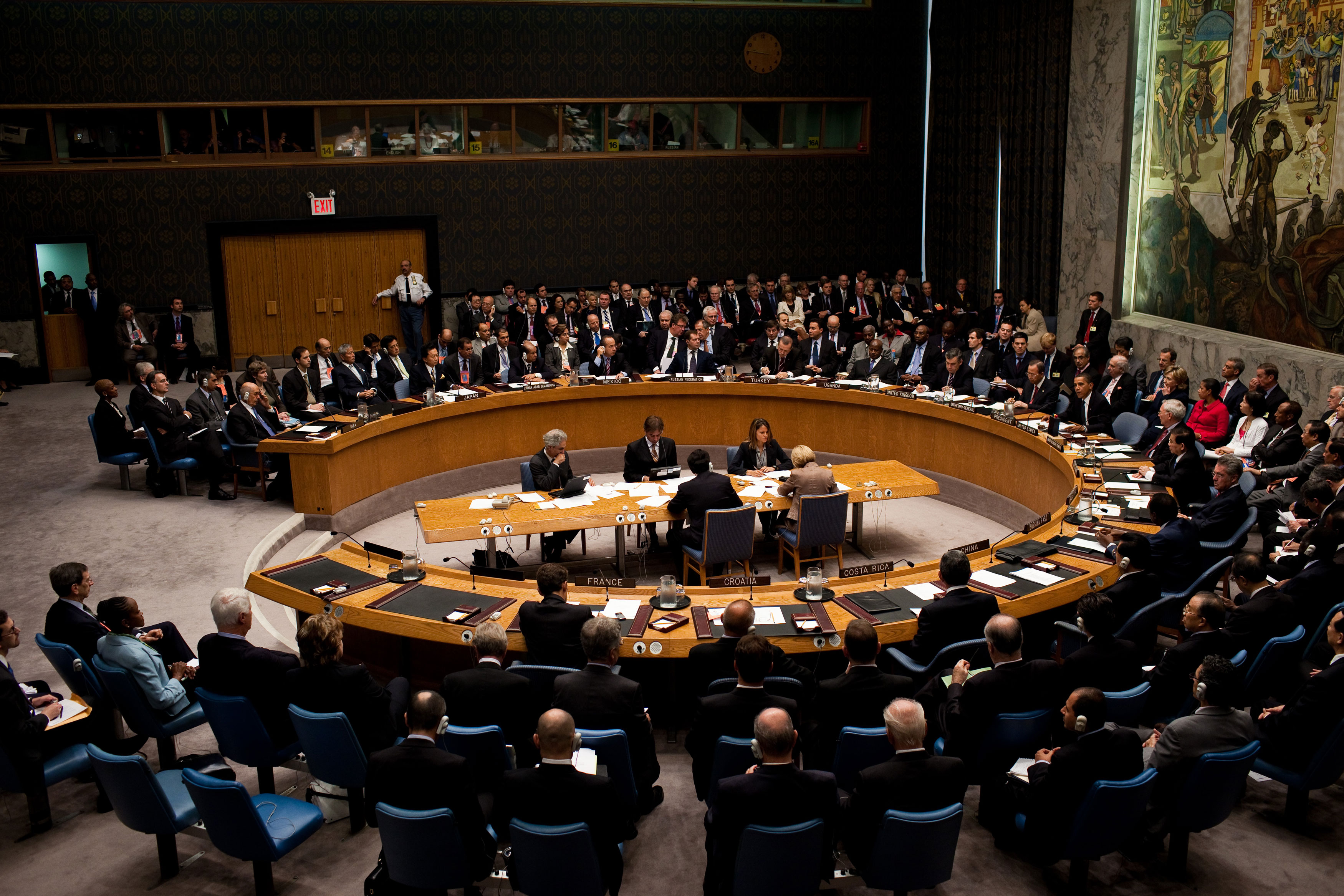 White House
White House
United Nations Security Council: Climate Investment and Engagement
In September the United Nations Security Council (UNSC), led by Ireland, met on the topic of “Maintenance of International Peace and Security: Climate Security.” This meeting was part of the council’s recent focus on environmental security beginning in 2007. In 2020, UNSC council outcomes for the Central African Republic, Darfur, the Democratic Republic of the Congo, Mali, Somalia, and West Africa reflected this focus. Such adjustments specifically address risk management and risk management strategies.
The expectation of the meeting was to focus on the increased investment and engagement of the council on climate security concerns. Members within this forum recommended actions to direct the council toward this effort and ensure comprehensive risk analysis and data collection. As expected, Russia, China, and India during the open discussion shared conflicting views compared to the rest of the UNSC, acknowledging other mechanisms of the UN are already dealing with the issue. India also warned of the counterproductive effects that creating a parallel track within the council would have on overall UN efforts. Most member nations, however, agreed on the importance of increased investment and engagement within the UNSC on climate change. Ireland announced its renewed effort to convene discussion of a resolution on climate security before its term as president expired but its efforts were unsuccessful.
Developments within the recent meeting reflected similar efforts of the council in the past. Attempted previously by Germany in 2020, a resolution on climate security failed to meet the council’s approval, facing opposition from China and Russia. This resolution would have created a position at UNHQ that would be responsible for coordinating climate security efforts through field-based climate security advisors.
Since the US rejoined the Paris Climate Accord, US relations within the council have become better on climate security and throughout the UN. A group of 12 members in the UNSC favor increased investment and engagement on the climate security issue. This group includes the US, Ireland, and Niger, which will be council president in December 2021, placing further support and attention on this effort. The UK has also shown support for such action from the council, as it would precede the upcoming UN conference in Glasgow in early November. Kenya, and Norway, amongst other members of the council, have been at the forefront of aligning security and climate changes and moving the council towards this objective through signature events.
Since 2007 when the UNSC originally started this debate, there has been a difference of opinion between member nations on whether this is in the purview of the committee. With the creation of the Paris Climate Accord through the UN Framework Convention on Climate Change (UNFCCC), multiple member states are opposed to the UNSC taking further action. Concerned member states argue that adopting this mandate will reallocate critical resources away from traditional security challenges and peacekeeping operations. According to the UN Charter, however, the UNSC has sole control over the issues it chooses for discussion. Additionally, there is nothing within the UN Charter to suggest that it is improper for multiple groups to have discussions on the same topic. The interdisciplinary characteristics of the issues in an international setting explain why discussion on issues in a variety of settings is necessary.
As China, Russia, and India continue to withhold support for further action from the UNSC, the council is unlikely to include environmental provisions as a part of peacekeeping missions. China and Russia consider the issue of climate change to be a sustainable development issue and are of the opinion that action should be taken by the development bodies within the UN. India is concerned that the UN and its members will take coercive measures to enforce this issue. China and India, however, have taken part in the Climate Security Expert Network created in 2020 as observers.
Statements made throughout September on climate security show that an immediate increase of investment and engagement by the UNSC is unlikely. The growing consensus among member nations on the role of the UNSC in this debate has a negligible impact in the face of Russia and China’s veto power on the council. This topic is likely to continue to get bogged down by politicization rather than the issue itself.





